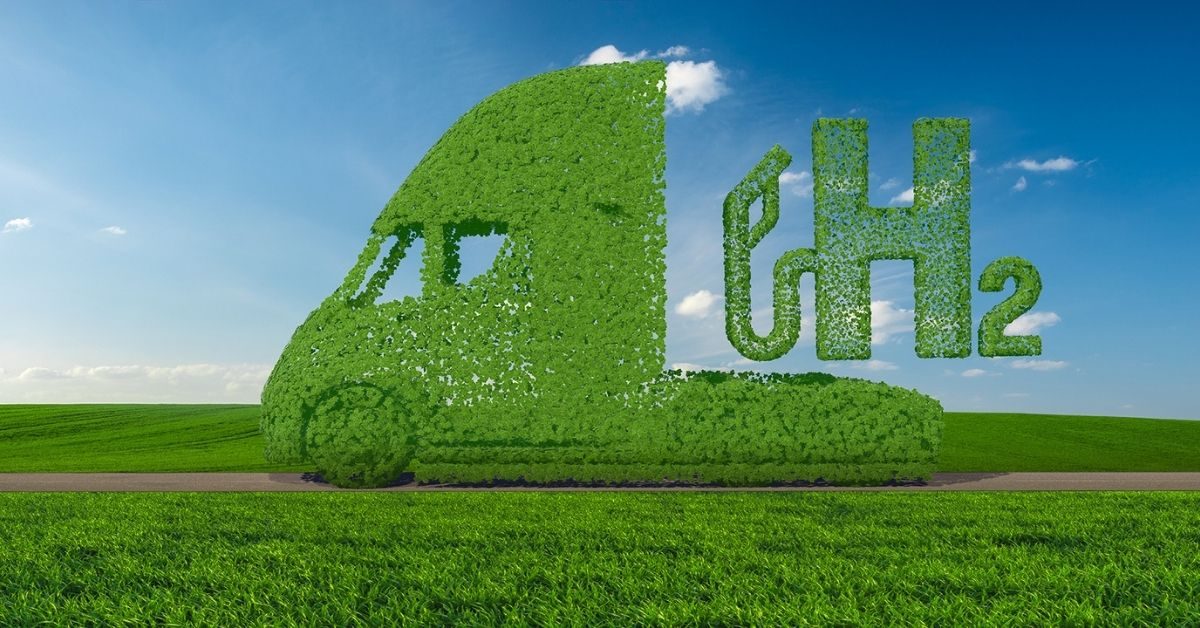Increasing regulatory pressure to decarbonise, including stricter targets set by the International Maritime Organization (IMO) this July, means the shipping industry now needs to achieve a 20% reduction in emissions by 2030 and net-zero emissions by or around 2050.
To meet the anticipated demand of 17m tonnes of oil equivalent (mtoe) annually by 2030, the maritime sector needs to access a staggering 30-40% of the projected worldwide carbon-neutral fuel supply. DNV said that the shipowners must focus beyond fuels, and on what could be done to achieve energy efficiencies and carbon emission reductions.
“The 2020s marks the decisive decade for shipping. Securing greener fuel supply is critical. However, focusing on fuels alone can distract us from making an impact this decade and ambitious future declarations are not good enough. What we need is tangible actions that will reduce emissions. Energy efficiency measures can deliver decarbonization results now and towards 2030,” Knut Ørbeck-Nilssen, CEO of DNV Maritime, stated.
The forecast presents an updated look at a range of regulations and drivers for the decarbonization of shipping, the most important being new IMO regulations, the inclusion of shipping in the European Union’s (EU) Emissions Trading Scheme and incoming well-to-wake requirements. These regulations will increase the operational cost of using carbon fuels, incentivising shipowners to put plans in place today to reduce their carbon output.
According to DNV, the sector can adopt operational energy efficiency measures to overcome decarbonization challenges such as air lubrication systems and wind-assisted propulsion. The latter has already been installed on 28 large vessels, delivering fuel savings of between 5-9% to date. The potential when retrofitted on existing ships can reach 25%. Air lubrication systems are installed on or ordered for more than 250 vessels in total.
Technologies such as onboard carbon capture and storage and nuclear propulsion can also address the competition for sustainable biomass and renewable electricity. A DNV study showed that onboard carbon capture can be operationally feasible for a large container vessel using 4,000 cu m of CO2 storage on board, offloading it twice per trip from Asia to Europe, and annually capturing 70% of the carbon dioxide. As for nuclear-powered vessels, there are 160, mostly naval, in operation today. Other findings include that a fuel technology transition is already underway, with half the ordered tonnage capable of using LNG, LPG, or methanol in dual-fuel engines, compared to one-third of the tonnage on order last year.







